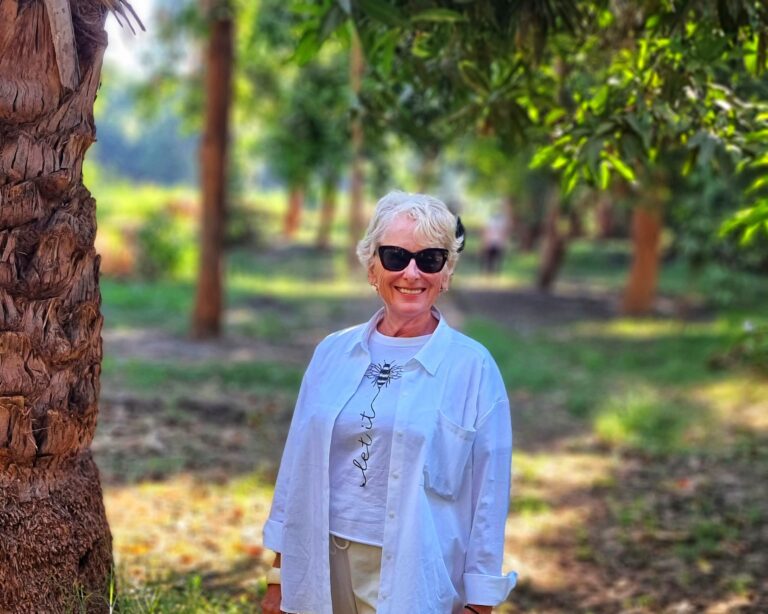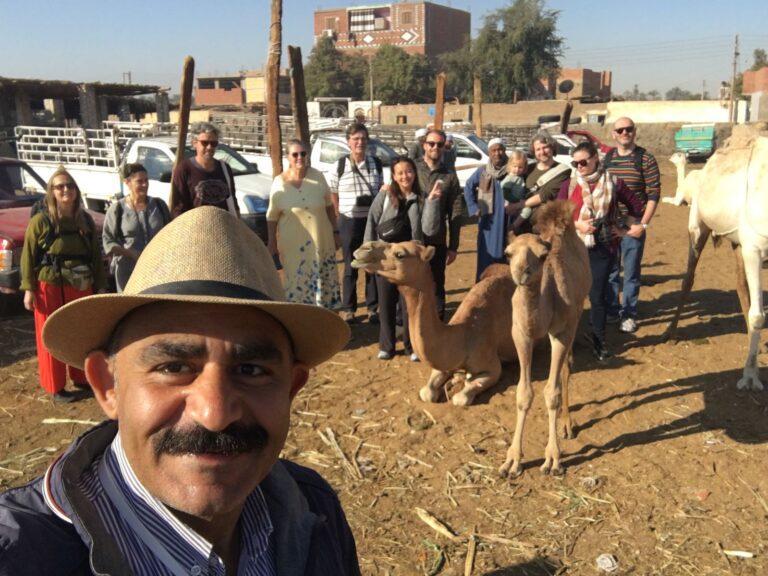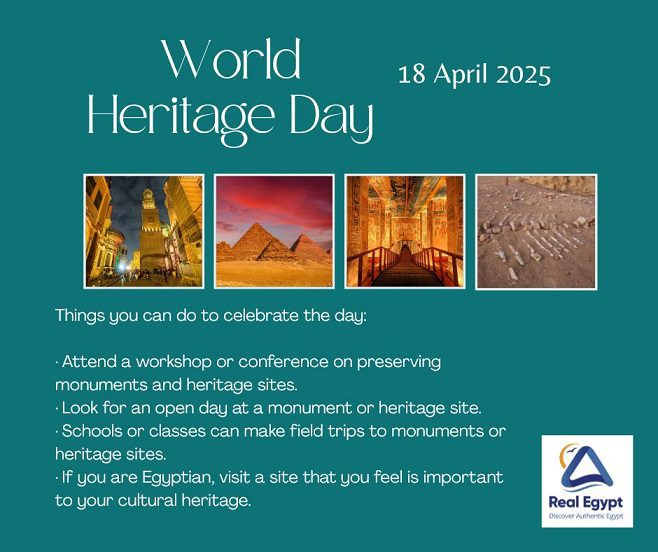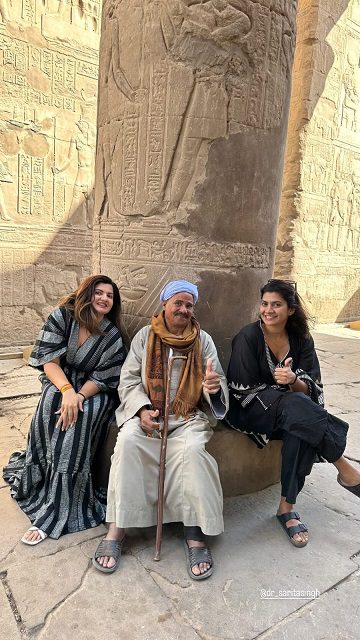welcoming Spring, a unique Egyptian celebration
Easter Monday is a public holiday in Egypt as it coincides with the annual festival of Sham el Nessim. Translated as “smelling the breeze’, this day welcomes the coming of Spring.
Sham el Nessim is celebrated by both Christians and Muslims as a secular national holiday, not a religious holiday.
The rituals and beliefs associated with today’s Sham el Nessim celebrations link it directly to ancient Egyptian feasts. As with Easter, the festival has themes of creation and renewal. It is believed that Sham el Nessim has been celebrated since 2700 BC. Ancient Egyptians offered salted fish, lettuce, and onions to their deities during the spring festival known as Shemu. The name Sham el Nessim is derived from the Coptic language, which is derived from the ancient Egyptian language.
After the Christianization of Egypt, the feast was associated with Easter, because it also happened in the spring.
With the Islamic conquest of Egypt, the celebration was set to be Easter Monday. As the lunar Islamic calendar and not fixed, the date of Sham el Nessim remains linked to Easter.
This is a time of optimism, rebirth, and looking forward to a productive year.
Egyptians now celebrate by visiting parks and gardens for family picnics.
Foods traditionally eaten on this day include Fesikh or Feseekh, a salty, dried and fermented gray mullet preserved in a pickle; it is also considered a symbol of fertility. It has a strong smell and some love it, some loathe it. If it is not prepared well it can cause botulism (food poisoning), so it is best to buy from a well-known Fasakhani who prepares the fish professionally.
Other fish eaten include Ringa which is salted and smoked herring, Melouha which is salted mullet, and sardines. As the fish are very salty they are often added to different kinds of dips and salads. Greens symbolize the new growth of Spring and include lettuce leaf and spring onions served whole. Termis which are lupins are also served. Unique to Sham el Nessim is Malana, green chickpeas sold by the branch, which can only be found during Spring. Coloring of eggs echoes the ancient Egyptian view of eggs as symbolic of new life.
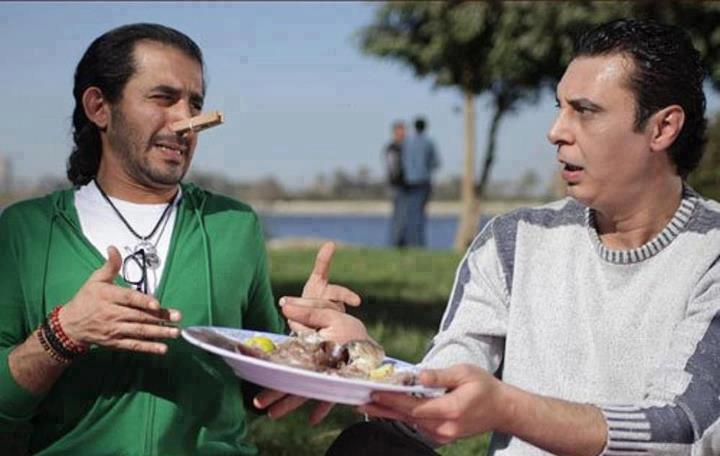
Fesikh made a notable appearance in the popular Egyptian film Assal Aswad (known in English as Black Honey, Molasses or Bittersweet). The film follows Masry, a 30 year old Egyptian who returns to Egypt after living in America for 20 years and must become reacquainted with Egypt and its customs.
“The fish never gave anyone a stomach ache, either you die or nothing happens“….
Watch the comedic Fesikh scenes (with English subtitles) from 1:44:51 to 1:51:55
https://youtu.be/Bhdp9B0GbV8?si=1PgSiJ3Hav2nZreS
Real Egypt hopes you can enjoy the experience of Sham el Nessim in Egypt with us in future.

